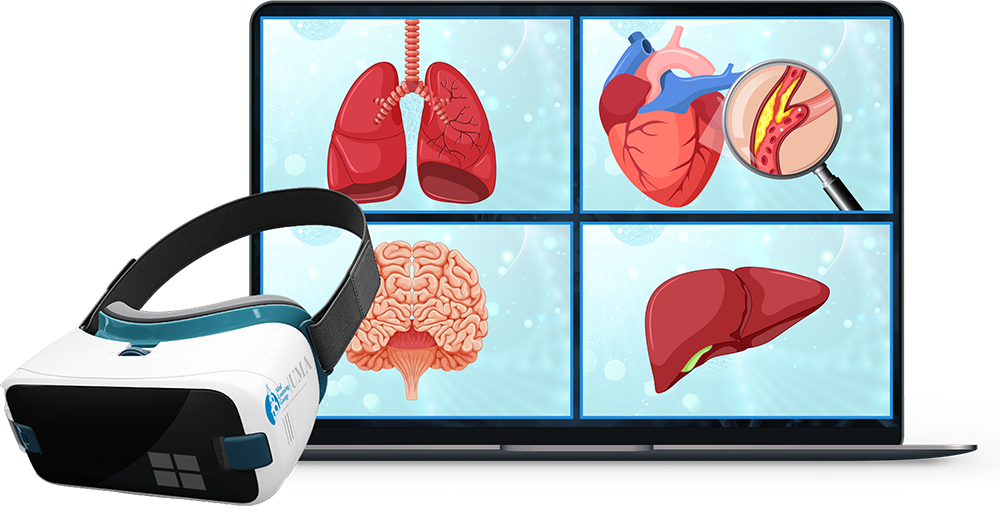
A Special Thank You to All HCPs
Med Learning Group sends its heartful gratitude to all healthcare professionals giving their all, 24/7, during this pandemic, despite the great risks they face. We cannot thank you enough for your courage and selfless service.

Connecting you with our personalized approach to continuing Medical Education

Healthcare Business Review Award
We are thrilled to announce that we have been recognized as one of the Top 10 Health Education Services Providers by Healthcare Business Review!
This award is both an honor and a testament to our cumulative dedication to providing the best continuing medical education (CME) services to HCPs across the globe. We are proud to be part of this distinguished group and look forward to continuing to have MLG be one of the best CME providers in the country.
Thank you to Healthcare Business Review for this recognition and for shining a light on the importance of accurate and accessible healthcare education.

Best of America Small Business Awards
Best Website
The Best of America Small Business Website award recognizes the best website launched by a small business since 2021. Technology is a key growth enabler for small businesses. The best in tech track recognizes small businesses as experts in technology and innovation from innovators, app developers, and website creators. Visit our award-winning Ophthalmology and Optometry web portal: vision-relief.com
The Linking Approach to Education from Gap Analysis to Outcomes
Med Learning Group, a division of Ultimate Medical Academy, is a full-service accredited medical education company with commendation. Med Learning Group focuses on developing and implementing continuing education that improves healthcare practitioners’ ability to provide optimal care to their patients. Our goal is to provide high-quality education that is designed to deliver the highest level of outcomes for not only the practitioner, but also the patient. Med Learning Group has expertise in developing both live and online activities that are innovative, case-based, interactive and patient-centric in nature.
Med Learning Group has expertise in developing both live and online activities that are innovative, case-based, interactive and patient-centric in nature, and we focus on applying adult learning theory and principles to our programs. Even more importantly, we understand the nuances of our target audiences and design programs with a grounded understanding of how to educate both specialty audiences and general practitioners.





